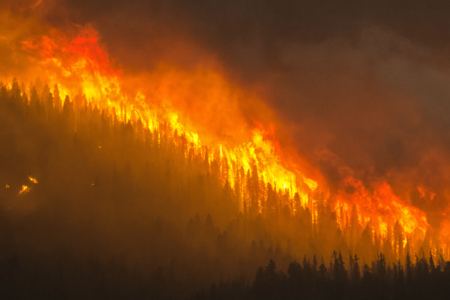Coral Reefs likely to disappear by the end of the century
By Helen Roddis, ARKive
Coral reefs will be gone by the end of the century, according to a top UN Scientist.
This would give coral reefs the dubious accolade of being the first entire ecosystem to have been destroyed by human activity.
In the recently published book Our Dying Planet, Professor Peter Sale writes that coral reef ecosystems are very likely to disappear by the end of this century, in what would be “a new first for mankind — the ‘extinction’ of an entire ecosystem.”
Sale, who leads a team at the United Nations University Institute for Water, Environment and Health, reports that the decline in coral reefs is mainly due to climate change and ocean acidification.
Other activities, including over fishing, pollution and coastal development, have also had a devastating impact on the world’s coral reefs.
“We’re creating a situation where the organisms that make coral reefs are becoming so compromised by what we’re doing that many of them are going to be extinct, and the others are going to be very, very rare,” said Sale.
The use of fossil fuels and the resulting carbon emissions, which contribute to climate change, are thought to be the biggest cause of the rapid decline in coral reefs.
Climate change has led to increased ocean surface temperatures, putting reef species under enormous stress and leading to coral bleaching.
Ocean acidification — caused by the oceans absorbing increased amounts of carbon dioxide from the atmosphere — is also an increasing threat, making it harder for reef organisms to retrieve the minerals needed to build their skeletons.
Although around 20 per cent of coral reefs have already been lost in the past few decades, the authors of Our Dying Planet are careful to stress that the corals themselves may well survive the effects of human activities and the destruction they cause.
“Although corals are ancient animals and have been around for hundreds of millions of years, there have been periods of reefs, and periods where there are no reefs,” explains Mark Spalding, of the US-based environmental group Nature Conservancy and the University of Cambridge.
“When climatic conditions are right they build these fantastic structures, but when they’re not they wait in the wings, in little refuges, as a rather obscure invertebrate.”

























